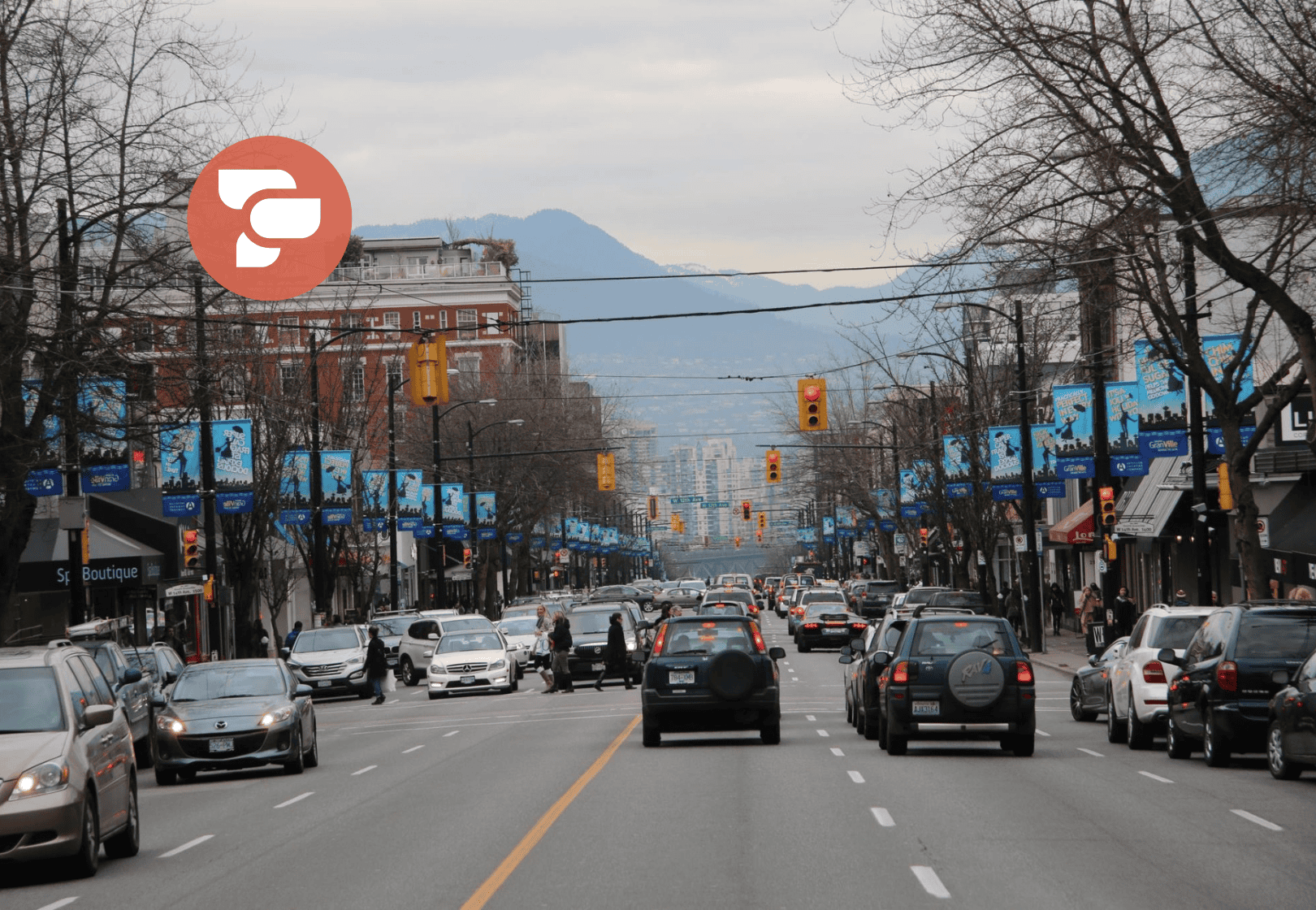1450 West 12th: The Vital Role of Senior Housing
As Vancouver grapples with an affordable housing crisis, some of the city’s most vulnerable residents—seniors—are disproportionately affected.
Jan 27 2025 | Connective

The Growing Crisis of Senior Homelessness
Canada’s senior population is growing rapidly. In 2023, seniors made up 18.9% of the population. By 2030, they could account for 21.4% to 23.4% of Canada’s total population. This demographic shift has contributed to a rise in senior homelessness, particularly in Vancouver. Key findings include:
- In the 2020 Metro Vancouver Homeless Count, 550 people aged 55+ represented one-quarter of the region’s homeless residents.
- Many seniors experience hidden homelessness, relying on temporary, unstable accommodations like staying with family or couch-surfing.
The primary factors leading to housing loss among seniors include:
Why Supporting Seniors and Senior Housing Matters
Homelessness impacts seniors in ways that extend beyond the loss of shelter and senior housing. Housing for seniors not only improves their quality of life but also enables them to age with dignity:
- Many seniors face barriers such as physical disabilities, chronic medical conditions, and mental health challenges, all of which are exacerbated by housing instability.
- Senior support agencies report a rise in mental health challenges and requests for assistance.
- Isolation and housing insecurity, including a lack of housing for seniors, have led to more assessments for suicide and greater demand for services.
Supportive housing helps address these challenges by offering seniors a safe environment to reclaim their independence and improve their quality of life.
1450 West 12th: A Vital New Program for Seniors
One of Connective’s newest programs, 1450 West 12th Supportive Housing, located in South Granville, offers a critical step towards addressing senior homelessness. This 114-unit program is specifically designed housing for seniors and equity-denied populations, including Indigenous individuals and women.
What Does the Program Provide?
Comprehensive Support Services:
Residents have access to 24/7 on-site staff offering meal programs, homecare, life and employment skills training, harm reduction services, and social activities.
Accessibility Features:
Units that are more accessible for individuals with mobility or physical challenges, promoting safety, dignity, and independence.
Indigenous Liaison:
An on-site liaison provides culturally appropriate services and support for Indigenous residents.
Flexible Housing Options:
Residents can choose to stay permanently or transition to independent housing when ready.
This initiative is part of a broader effort to combat homelessness, including senior homelessness in Vancouver and increase housing for seniors. Programs like 1450 are critical in providing both immediate relief and long-term solutions.
This initiative is part of a broader effort to combat homelessness, including senior homelessness in Vancouver and increase housing for seniors. Programs like 1450 are critical in providing both immediate relief and long-term solutions.